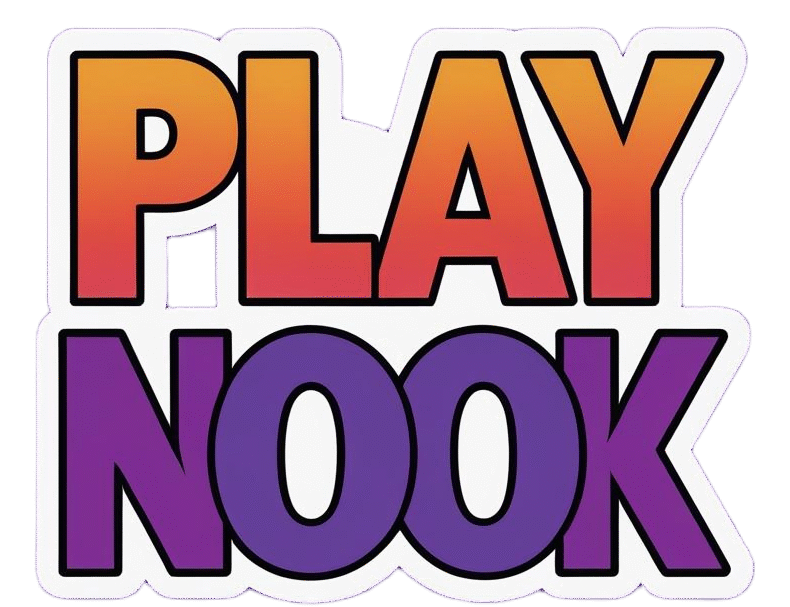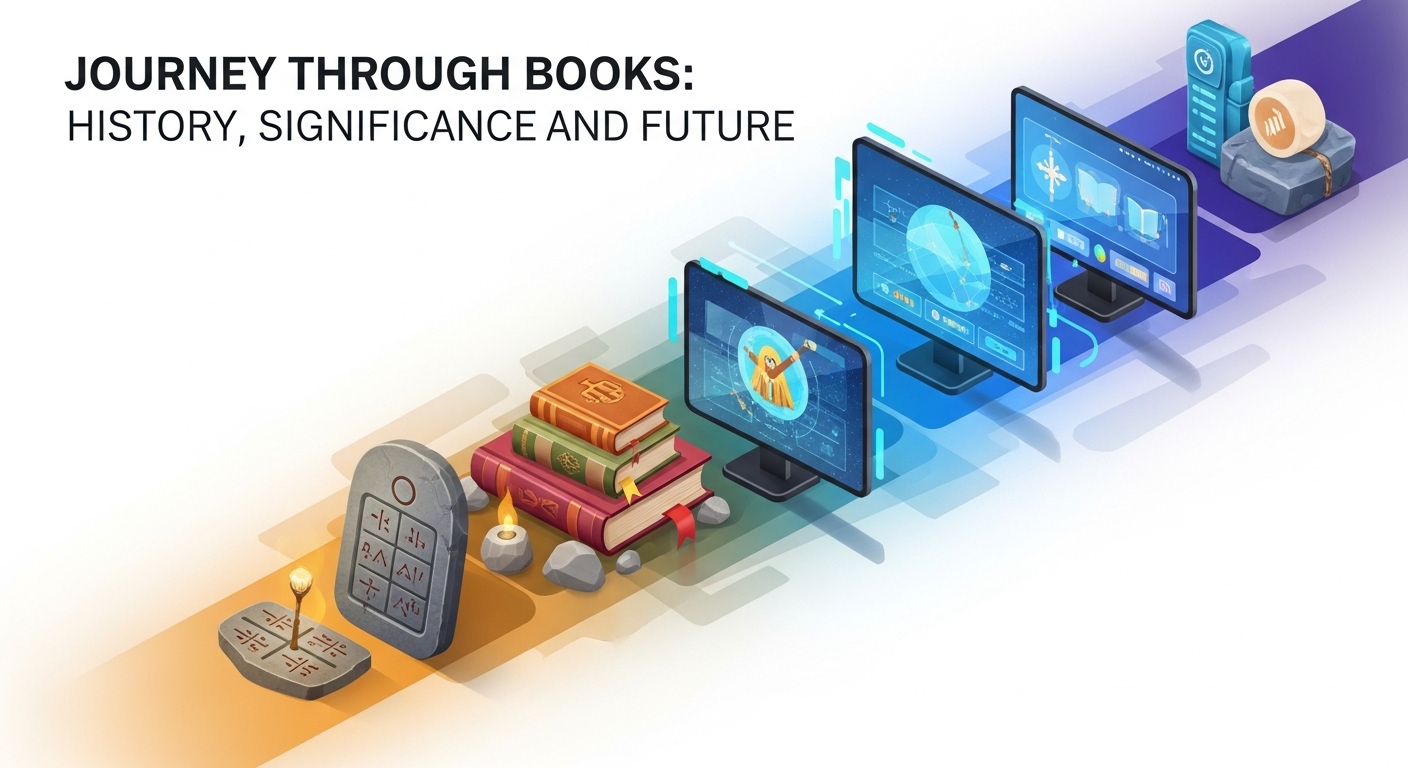Books. Those companions that line our shelves, fill our bags, and sometimes even gather dust in forgotten corners. They’re not just paper and ink, you know. They’re gateways to knowledge, instruments of escape, and sometimes, just bedtime props to lull us into sleep. But then again, we don’t always read for the sake of reading. Sometimes, the mere presence of books is enough to infuse a space with a certain character, a story of its own.
The Timeless Allure of Books
Why are we still drawn to books in an age brimming with digital distractions? Well, perhaps it’s their physical form. There’s something about holding a book, the texture of the pages, the scent that wafts up as you turn each leaf. E-books and audiobooks have their place, sure, but the charm of a physical book? It’s something else entirely. It’s not about nostalgia either. It’s a tactile experience that Kindle just can’t replicate.
The Multifarious Genres
From fantasy realms and crime-ridden streets to historical sagas and futuristic voyages, books span a multiverse of genres. Each genre serves a purpose, a specific need or mood. When you’re craving suspense, a thriller might be your pick, but for a cozy night in, maybe a romance novel is just right.
A Brief Look at Popular Genres
| Genre | Description |
|---|---|
| Fantasy | Explores magical worlds with mythical creatures. |
| Science Fiction | Imagines future technology and space exploration. |
| Mystery | Involves solving a crime or unraveling secrets. |
| Biography | Life stories of real people, their achievements and failures. |
| Non-fiction | Informative content based on real facts and events. |
Each genre also brings its unique set of secondary keywords like “fantasy worlds,” “space odyssey,” or “real-life narratives.” These keywords help us explore and categorize our reading adventures.
Books and Beyond
Now, books aren’t just confined to solitary reading experiences. There’s a whole culture around them. Book clubs, for instance, are a testament to how literature can forge connections. Discussing plot twists over coffee or debating character motives can transform reading from a solo act into a communal one. And then there’s the whole adaptation scene. Movies adapting from books have a whole different fanbase altogether. Some even argue the book was better or vice versa. (Check out some discussions over at PlayNook if you’re into that kind of thing.)
Books in the Digital Era
So, how do books fit into our screen-filled lives? The internet has a plethora of resources. Sites like Wikipedia offer a deep dive into the history and significance of books. Not to mention, online libraries and digital collections have made it possible to access rare manuscripts with a click. And then there’s the book review culture thriving on platforms like The New York Times Books Section, which brings literary critique to the masses.
Collecting vs. Hoarding
Some people collect books like others collect stamps. It’s a passion, a hobby that can border on obsession. But where is the line between collecting and hoarding? If the books are stacked to the ceiling with no room to breathe and almost no chance of being read, it might be time to consider a book donation. Libraries or book swaps can often help lighten the load while spreading the joy of reading.
The Influence of Books on Culture
Books have been pivotal in shaping cultures, inspiring movements, and fostering revolutions. From “Uncle Tom’s Cabin” stirring abolitionist sentiments to Orwell’s “1984” offering a glimpse into dystopian futures, literature often serves as both a mirror and a lens. Even today, books like “The Handmaid’s Tale” provoke thought and conversation about societal structures and norms.
Publishing Trends and Self-Publishing
In recent years, there’s been a surge in self-publishing. Platforms like Amazon Kindle Direct Publishing have democratized the publishing process. Anyone with a story can now share it with the world. Traditional publishing still holds its prestige, but indie authors are carving out their niches. They have more control over their content, marketing, and distribution. It’s a brave new world for writers and readers alike.
The Resurgence of Independent Bookstores
Despite the juggernaut of online retail, independent bookstores are experiencing a renaissance. The personal touch, curated selections, and community events make them vital cultural hubs. They offer more than just books; they offer experiences and engagement. Whether it’s a poetry reading or a casual author meet-and-greet, indie bookstores foster a unique literary culture.
- Book clubs and community events
- Local author spotlight
- Literary festivals
These elements keep the spirit of reading alive and vibrant in our communities.
FAQs About Books
- Why do people prefer physical books over e-books?
Many readers find the tactile experience of holding a book and turning pages irreplaceable. - What’s the best way to get into a new genre?
Start with highly recommended titles or join a book club related to that genre for discussions and suggestions. - How do I stop buying books and start reading the ones I have?
Create a reading list or set monthly goals. Sometimes, a “book-buying ban” helps focus on current collections. - Are audiobooks considered reading?
This is debated, but most agree that consuming stories, however done, counts as reading. - What’s the benefit of joining a book club?
It’s a great way to meet new people, discover new books, and get different perspectives on the same story.
And so we keep reading, collecting, sharing, and sometimes just enjoying the presence of books around us, knowing that no two reading journeys are the same.


